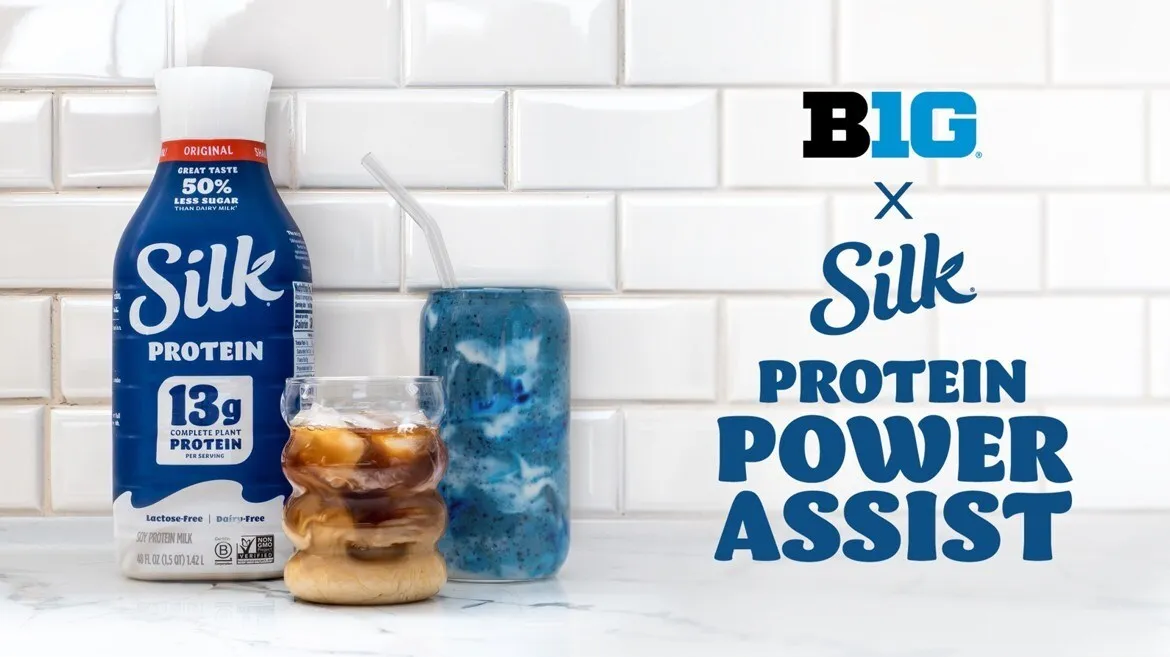CHICAGO – Wellness is no longer confined to gyms or health food aisles. According to new insights from Circana, wellness has evolved into a powerful cultural and economic force that influences consumer choices across industries, from beauty to books. Circana defines wellness as products or services that empower self-care by enhancing consumers’ physical, mental, and emotional well-being—a category now commanding over $1.1 trillion in consumer spending power in the U.S. alone.
While exercise and nutrition remain the foundation of physical health, a Circana survey shows that U.S. consumers are increasingly embracing a holistic view of wellness that includes sleep quality, work/life balance, and maintaining a healthy home environment. This shift marks a growing recognition of wellness as a balanced integration of body, mind, and soul.
“As well-being practices touch all aspects of our lives, maximizing these opportunities is a win-win across many industries,” said Kristin Hornberger, EVP of Wellness, Beauty, and Homecare at Circana. “Identifying unique ways your industry can support the consumer journey for total well-being and exploring collaborations and co-branding partnerships are strategies that will resonate with an open and eager consumer base.”
In the physical realm, consumer interest remains strong across categories such as weight control, digestion, pain management, deodorant, oral care, and energy-boosting vitamins and supplements. Protein products are also surging in popularity, with sales of protein drinks, powders, and supplements up 18% in 2024 compared to the previous year.
Emotional well-being is another major driver. Circana reports that 77% of Americans now prioritize their mental health, addressing factors like stress, sleep, mood, and motivation. Once primarily aesthetic, beauty products are now viewed as tools for emotional wellness. Nearly half of women include skincare in their wellness routines, over 30% use makeup or hair styling to boost their mood, and more than a quarter wear fragrance for emotional uplift.
“The evolution of wellness has provided a boost to the beauty industry, which has products that provide both the tangible benefits that affect our bodies such as skincare and suncare, but also the more ethereal intangible benefits that affect our mood like fragrance, makeup, and hair styling,” said Larissa Jensen, SVP, global beauty industry advisor at Circana.
The third pillar of modern wellness—soul care—emphasizes social connection and personal growth. Survey data shows that mental fitness is a top reason for many Americans, especially women, to participate in sports. Reading habits also reflect the shift: books on mental health, menopause, healthy cooking, and managing chronic conditions saw dramatic sales growth in 2024.
“Wellness is a constantly shifting paradigm of practices that work together to make the individual feel empowered,” said Hornberger. “As the landscape of consumer priorities continues to evolve, companies that align with the principles of well-being will be well-positioned to thrive.”
With wellness at the heart of so many lifestyle choices, businesses across sectors now have a unique opportunity to connect with consumers in meaningful and lasting ways.









